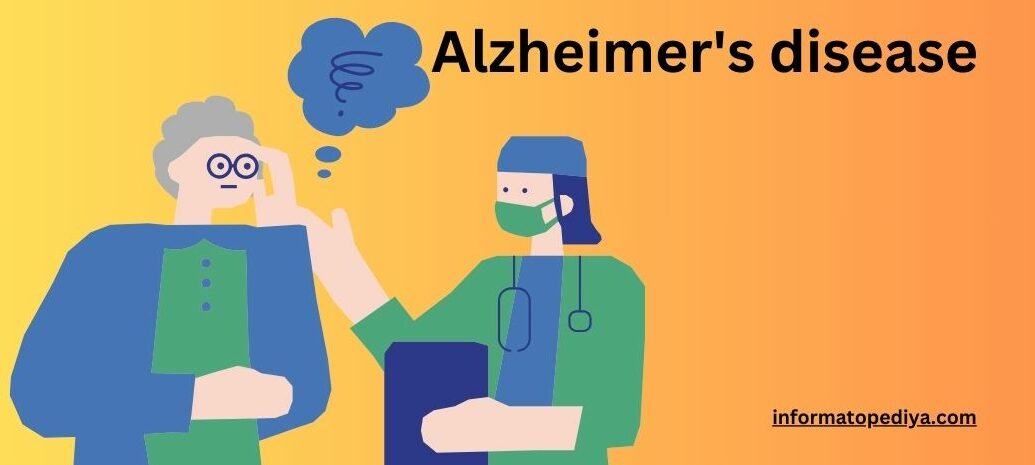
Table of Contents
Understanding Alzheimer’s Disease: Causes, Symptoms, Diagnosis, Treatment, and Management
Introduction:
Alzheimer’s disease is a progressive neurological disorder that affects millions of people worldwide. This debilitating condition not only challenges those diagnosed but also places a significant burden on families and caregivers. In this article, we will delve into the intricacies of Alzheimer’s disease, covering its causes, symptoms, diagnosis, treatment options, and management strategies.
Alzheimer’s Disease Definition:
Alzheimer’s disease is a degenerative brain disorder characterized by memory loss, cognitive decline, and changes in behavior and personality. It is the most common cause of dementia among older adults, gradually impairing an individual’s ability to think, reason, and perform daily activities.
Alzheimer’s Causes:
The exact cause of Alzheimer’s disease is not fully understood, but it is believed to result from a combination of genetic, environmental, and lifestyle factors. Abnormal protein deposits in the brain, such as beta-amyloid plaques and tau tangles, play a crucial role in the development of the disease.
Alzheimer’s Symptoms:
memory loss, especially recent memories.
difficulty with problem-solving and decision-making.
confusion about time or place.
challenges with language, including finding the right words.
changes in mood or behavior, such as apathy, depression, or irritability.
a decline in the ability to complete routine tasks.
Alzheimer’s Types:
Alzheimer’s disease can be classified into early-onset (before age 65) and late-onset (most cases) forms. There are also rare familial forms caused by specific gene mutations.
Alzheimer’s Diagnosis:
Diagnosing Alzheimer’s disease involves a thorough assessment, including medical history, cognitive tests, and brain imaging. Physicians may use tools like the Mini-Mental State Examination (MMSE) to evaluate cognitive function.
Alzheimer’s Treatment:
While there is no cure for Alzheimer’s disease, several treatment options can help manage its symptoms and slow down its progression. These include medications like cholinesterase inhibitors (e.g., Donepezil) and N-methyl-D-aspartate (NMDA) receptor antagonists (e.g., Memantine). Lifestyle interventions, such as regular exercise and a healthy diet, can also be beneficial.
Alzheimer’s Management:
Coping with Alzheimer’s disease involves various strategies:
creating a safe environment to prevent accidents.
Providing emotional support and assistance with daily tasks.
engaging in cognitive stimulation through puzzles or memory exercises.
joining support groups for both patients and caregivers to share experiences and advice.
regular medical check-ups to monitor disease progression.
Conclusion:
Alzheimer’s disease is a challenging condition that impacts not only individuals but also their loved ones. While there is currently no cure, understanding the disease and its management options can improve the quality of life for those affected. With ongoing research and support, there is hope for better treatments and, ultimately, a cure for Alzheimer’s disease.
In Brief:
Alzheimer’s disease is a complex neurological disorder that affects memory and cognitive function. It has no cure, but treatments and support can help manage its symptoms and improve the quality of life for patients and caregivers.

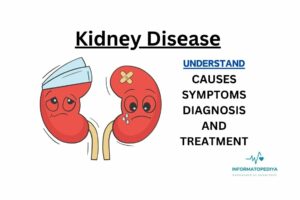
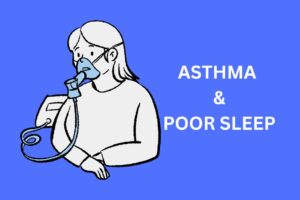
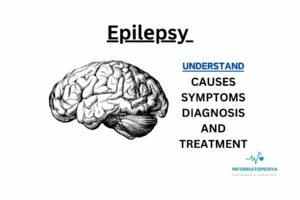
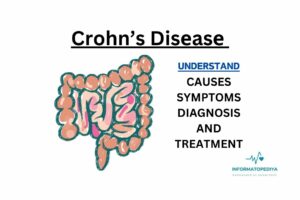
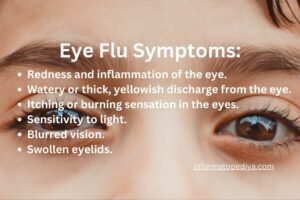

The effort you invest in fact-checking is evident; it adds credibility to your work.